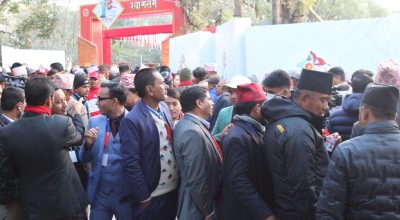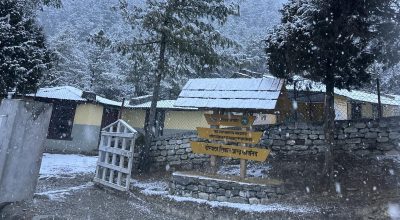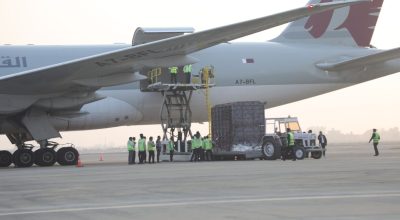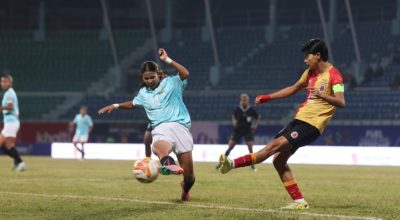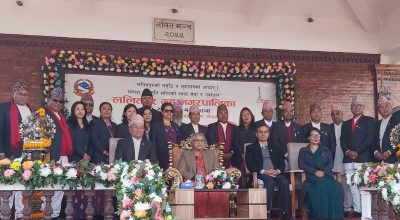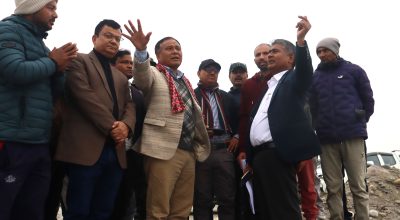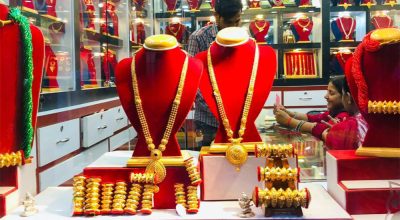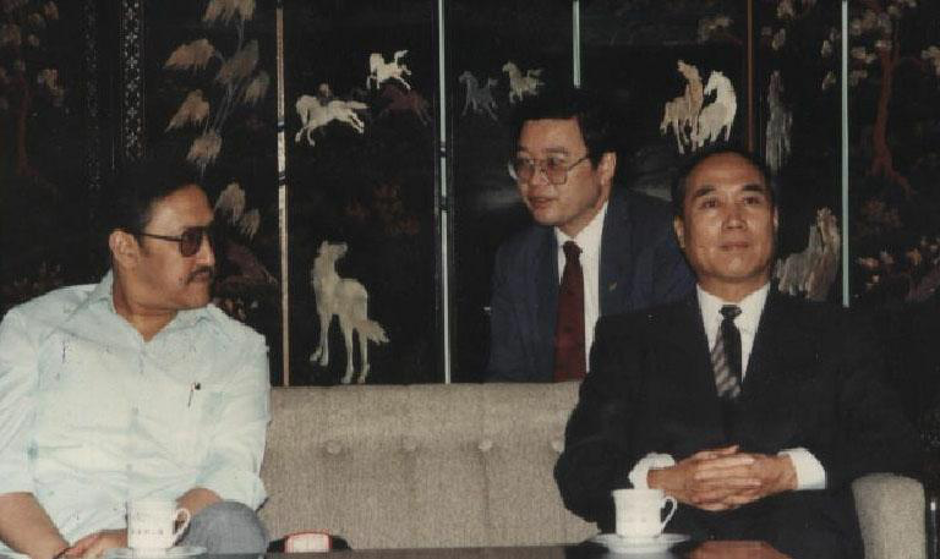
Introduction:
During translation, it is very important for the translator to put themselves in the right position. During visits, I paid more attention to this point.
First of all, the most important part is to focus on your own translation task, and not try to grab the spotlight instead
The first time I translated was for Nepal’s head of state: King Birendra. It was 1993 and I was 50 years old.
The affectionate king
In 1962, I was admitted to Beijing Institute of Foreign Trade (now known as University of International Business and Economics). Due to the Cultural Revolution, my assignment was postponed for one year. After six years, I graduated from the Department of Translation as an English major. After graduation, I never had the opportunity to engage in translation work.
After I was transferred to the Foreign Affairs Office of Shaanxi Province in 1978, I felt an opportunity arise. Who would have thought that the leaders would ask me to “do the propaganda work first”, and by “first” it went for twelve to thirteen years. During this period, I translated some brochures. Because the publicity work was very heavy, translation was done only my spare time.
Later, I helped out elsewhere, doing some interpretation work on a piecemeal basis, including for some ministers.
But this was the first time for me to translate for a foreign head of state, and I felt a little nervous. I’m so old, what if I can’t translate properly? Moreover, there are two full-time translators from Beijing. What a shame if I make a mistake?
The night before the foreign dignitaries arrived, I lay down for a long time and couldn’t sleep. How can I translate tomorrow if I can’t sleep well? I got up and looked at my watch: it was one o’clock in the middle of the night, so I immediately took two tablets of Valium.
It was half past six when I woke up, but when I woke up, I felt dizzy. I don’t know if it was because I didn’t sleep well, or it was due to the effect of the medicine. With a heavy responsibility on his shoulders, I didn’t dare to slack, so I got up immediately. At 4:40 pm on September 22, a Boeing 737 special plane landed smoothly at Xi’an Xianyang International Airport.
The one who got off the plane first was a comrade from the Ministry of Foreign Affairs. He whispered a few words to Pei Changju, Deputy Director of the Provincial Foreign Affairs Office, and Deputy Director Pei asked me to board the plane to invite the king.
This was my first time inviting a guest to board the plane and I didn’t know what to say in a hurry. When I got on the plane, I saw a couple sitting on the left side of the first-class cabin. A person from the Ministry of Foreign Affairs said to a comrade next to him, “This is the director of the Foreign Affairs Office who has come to invite the king. Please translate it for the king.”
When I heard that I was regarded as the director, I hurriedly said that I was not the director. However, if the Ministry of Foreign Affairs said so, I can’t argue at this point either.
I didn’t hear properly what the translator said, but it seemed that the middle-aged man in the boat-style floral cap should be the king. He leaned over and reached out and shook my hand. I hurriedly said, “Welcome to Xi’an, Your Majesty!” After saying that, the king and queen got up. I hurried down the ramp and stood behind Governor Bai Qingcai.
Visiting Shaanxi were His Majesty Birendra Bir Bikram Shah Dev, King of Nepal and Her Majesty Queen Aishwarya Rajya Lakshmi Devi Shah. Thirty-six people in total arrived in Shaanxi together with the Nepali Ambassador to China and other senior officials, as well as several journalists. Accompanying the distinguished guests were 17 people including the Minister of Labor and his wife, the Chinese ambassador to Nepal, the leaders of the Ministry of Foreign Affairs at the department and division level and the translators of the translation room.
Five Nepalese students studying in Xi’an Highway University also made a special trip to the airport to present flowers to the king and queen.
Governor Bai only said one sentence when he saw the king and queen: “Welcome to visit Shaanxi. “After the king shook hands and greeted the leaders behind him, the two children presented flowers, and everyone got into the car one after another.
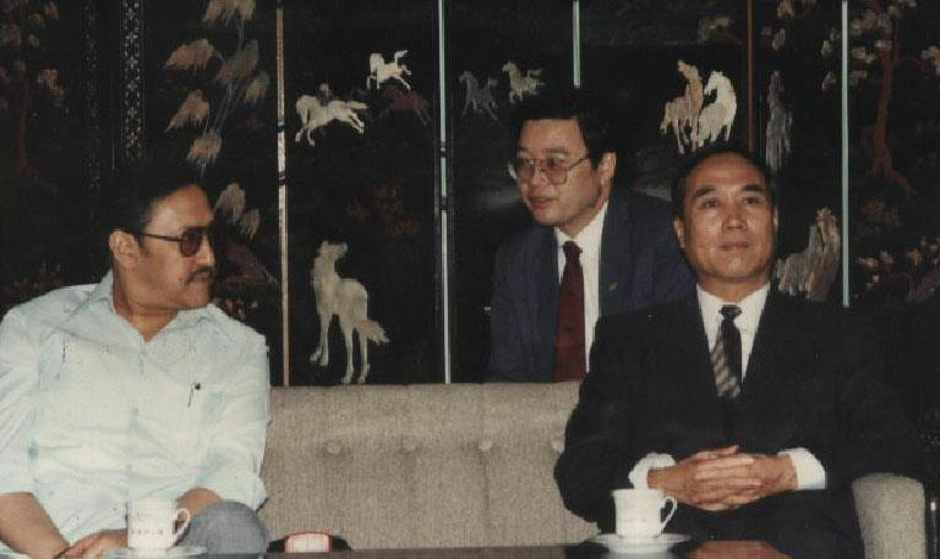
Because my seat is a foldable flip chair in the middle of the car, I feel very difficult to flip it down. Behind me, Governor Bai Qingcai helped me turn it over. Unexpectedly, the king also turned to his side to help me turn over the chair. This really flattered me, and I had never been treated like this in my life. In less than two days of the King’s stay in Xi’an, he helped me turn over my chair three times, which greatly moved me. It seemed like the 48 year old King had no arrogance and was kind and approachable.
Improving
The king was of medium build, well-proportioned, slightly plump, and had a mustache on his upper lip. He was wearing a suit jacket with a cardigan underneath, so he couldn’t wear a tie. During the two days in Xi’an, he never wore a tie. Sometimes he wore trousers, which made his legs look thinner. When he expresses appreciation or exclamation, he will turn his head like the people on the Indo-Chinese Peninsula, which seems to be unique to the Indo-Chinese Peninsula people.
King Birendra was very friendly to China and this was his eighth visit to China. The king didn’t know much about Xi’an, and he often asked questions about the tombs in Xi’an, such as why those tombs were not excavated? Where did you get soil to build such a tall tomb? And why was Xi’an chosen as the ancient capital? Has Marco Polo been here? Did the Silk Road go through here? and many more. When Governor Bai explained that this is the starting point of the Silk Road, he praised: “At that time, Westerners came here to learn from you.” Governor Bai replied humbly, “We all learn from each other.”
The meeting and banquet of the top leaders that night was the highlight of my translation job, so I was hoping to share the translation task with the translator from the Ministry of Foreign Affairs. Just then, unexpectedly, one of them said, “Isn’t there an interpreter here?” Later, I said that I will interpret all the daily activities. Tonight’s activities are very important. We can learn from you after you interpret them. Only then did she agree to the banquet and to translated with me, but I was the only one who completed the translation during the meeting with Vice Governor Liu Chunmao.
Entering the hall, I looked anxiously at the interpreter’s seat, but as soon as I sat down and took out my notebook and pen, intending to take some necessary shorthand, then I quickly prepared myself mentally. Apart from the two speakers in front of me, the ministers, ambassadors, bureau chiefs, etc., were all invisible, and only their conversations were in my ears, and I immediately translated them like a machine and it went smoothly. At this point I felt confident to translate whatever came my way.
After that, I spoke at the welcome banquet for Governor Bai Qingcai, and I myself felt that the translation went relatively smoothly. He didn’t talk much, except to introduce Shaanxi and answer some questions raised by the king.
In translation task, it is very important for the translator to adjust their position. During the visit, I paid more attention to this point, first of all to focus on your own translation task, and not try to grab the spotlight instead.
However, I noticed that Vice Governor Liu often walked slowly and was always behind which I couldn’t understand. The king talked to me when he couldn’t see the deputy governor so, I was caught in camera by a photojournalist by accident. When I returned home after seeing the distinguished guests, my wife and daughter told me that they saw me many times on TV, and I felt very uncomfortable. I felt a little wronged too, this is really not what I did on purpose.
I am familiar with the Terracotta Warriors and the Big Wild Goose Pagoda, because I have translated many of the texts of these sites. During the visit, King Birendra expressed to Vice Governor Liu his appreciation for the long history of the Chinese nation and the numerous cultural relics in Xi’an. He said: “I knew China’s long history for a long time now, and I have been eager to see it for myself.” After visiting the two places, he said to Vice Governor Liu: “Although countries have emphasized their own civilizational advantages at different times, but China has always had her foundational civilization, and China has always been known to the world for this civilization.”
He also suggested: “A chart should be set up in the Terracotta Warriors Museum to show a comparison of the level of science and technology and culture in some Eastern and western countries reached when China had terracotta warriors, horses and bronze chariots and horses more than 2,000 years ago.
For example, what kind of carriage and horse system China had at that time with alloy technology, compared with Egypt, Rome, India, Spain, etc., to a greater extent, would be more illustrative. When he spoke much, I took out my little book and jotted it down so that I wouldn’t lose these points during my translation.
On the evening of the 23rd, King Birendra and his entourage watched the Tang Changan dance at the Tangle Palace, and were warmly welcomed by the Chinese and foreign audiences present. After the show, the king and queen took to the stage to thank the cast and crew one by one and took pictures with them. He told Vice Governor Liu: “It is very meaningful to watch this cultural program after visiting the cultural relics and historic sites from one-two thousand years ago. It deepens the understanding of ancient Chinese civilization.”
At ten o’clock on the morning of the 24th, when the special plane carrying King Birendra and his other visitors left, a great weight dropped from my heart, thinking that I had finally completed an important translation task well. The part of his account (in Chinese) can be found here.
(Translated from Chinese by Aneka Rebecca Rajbhandari/The Araniko Project)





